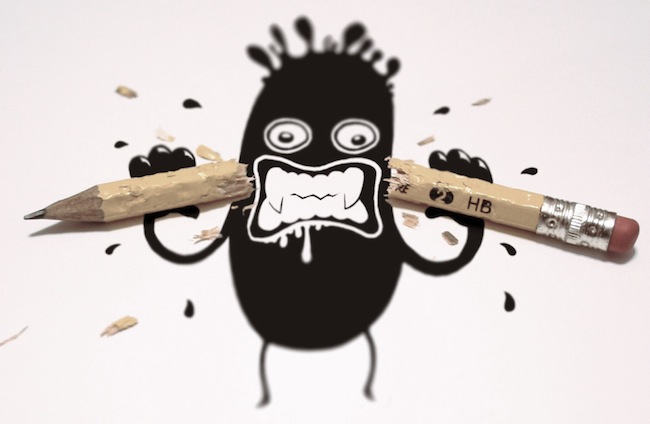
Why we can’t make up our minds?
Have you ever found yourself ‘channel-surfing’ for something to watch on TV? You’ve had a long day and you sit down to watch a program but don’t know what you want to watch. So, you begin the search through the hundreds of options. You are bombarded with an array of choices. What should have been a two minute decision has morphed into a full-on half-hour mind-bender. Finally, you give up and go to bed frustrated.
The ‘channel-surfing’ example is a very low-level decision. However, it provides insight into how our minds analyze information in order to make a decision. When we’re presented with more than three choices or options, we sometimes experience decision paralysis (analysis paralysis). It’s death by over-thinking. Remember this next time you go to the store for headache medicine or a packet of chewing gum. Our modern culture is overrun with options to our own detriment.
Decision Paralysis:
(Analysis paralysis) is the state of over-analyzing (or over-thinking) a situation so that a decision or action is never taken, in effect paralyzing the outcome. (Wikipedia)
The Cost of Not Deciding
Basically, our minds become paralyzed and stuck. So, we decide not to make a decision. We fool ourselves into believing that by not making a decision, we’re actually not going to affect an outcome.
In reality, when we choose not to make a decision, we’re making a decision and there will be an outcome. There will be a cost and the outcomes are usually worse than if we took the wrong initial action and course corrected later.
Not Deciding is Risky
Decision paralysis causes unnecessary anxiety and in some cases it can expose us to unnecessary risk. I see it regularly.
I had a client a couple years ago who could not bring himself to make a decision about a life insurance policy. He came to me for help. He only had two options but could not decide. So, after a couple weeks, he chose ‘put off’ the decision for a month or two. Little did he realize, he was actually making a decision. After several months, he had a physical exam and found out he had cancer. Life insurance was no longer on the table as an option to provide for his family. His wife and kids would be left with less than he intended. Fortunately, he is well but remains uninsurable.
Breaking the cycle
Once we are aware of decision paralysis, we can take steps to avoid it. Some ‘psychology’ types have created elaborate plans for deciding things. However, I use a simple process or plan. Sit down with a pen and paper.
I ask myself two questions, then I plan:
- What are my options? (list them)
- What is the worst thing that could happen? (possible negative outcomes)
- Take Time: Usually, the bigger the decision the more time we should take to explore options (if time is available).
- Advice: Get wise counsel from a trusted source who has a vested interest in your well-being but can remain objective.
- Deadline: Set a deadline to make the decision.
- Just Do it: Decide (course-correct if necessary)
Don’t take unnecessary risks, miss huge opportunities or blessings by succumbing to decision paralysis.
Is there something you are having trouble deciding? Perhaps, you are like me and find yourself ‘putting off’ decisions?
I’d love to hear from you (comment below)
